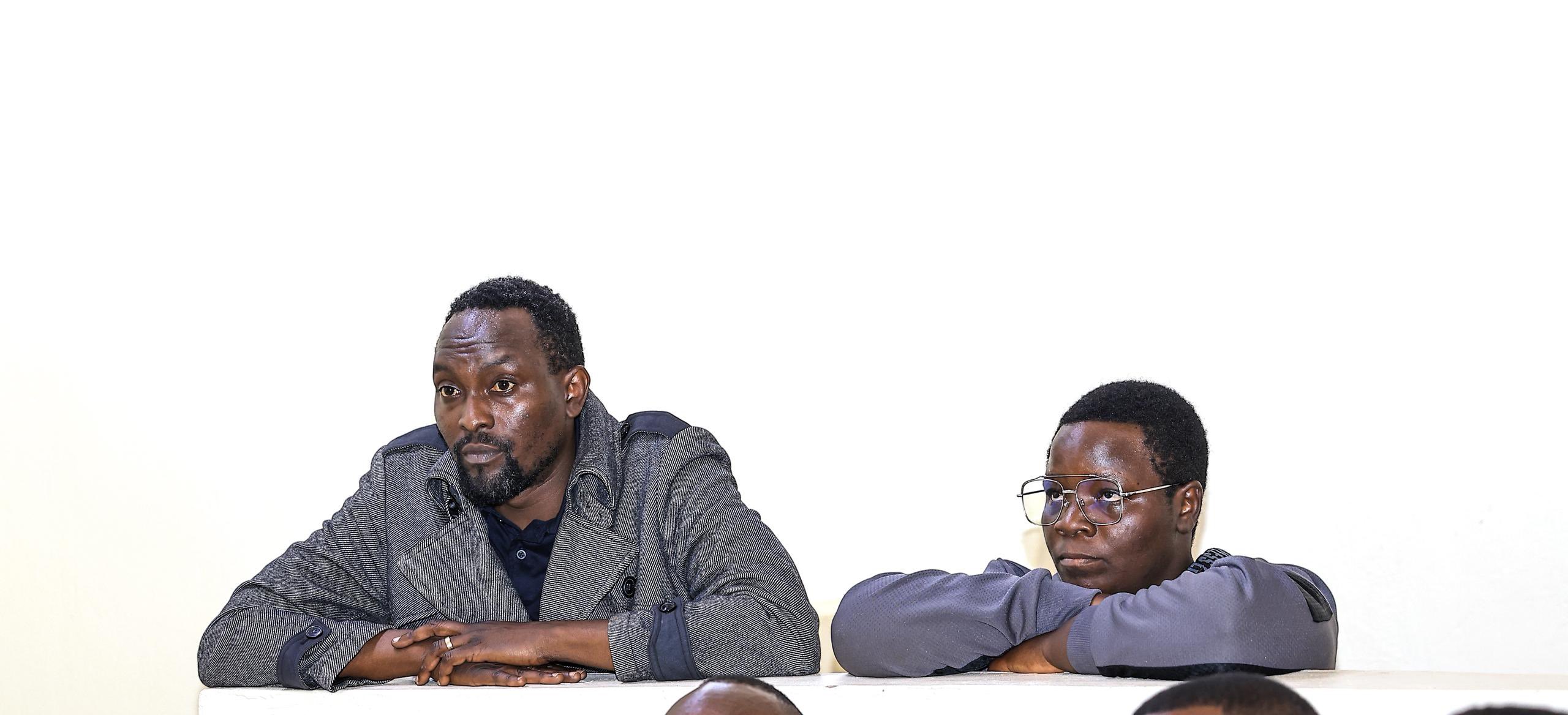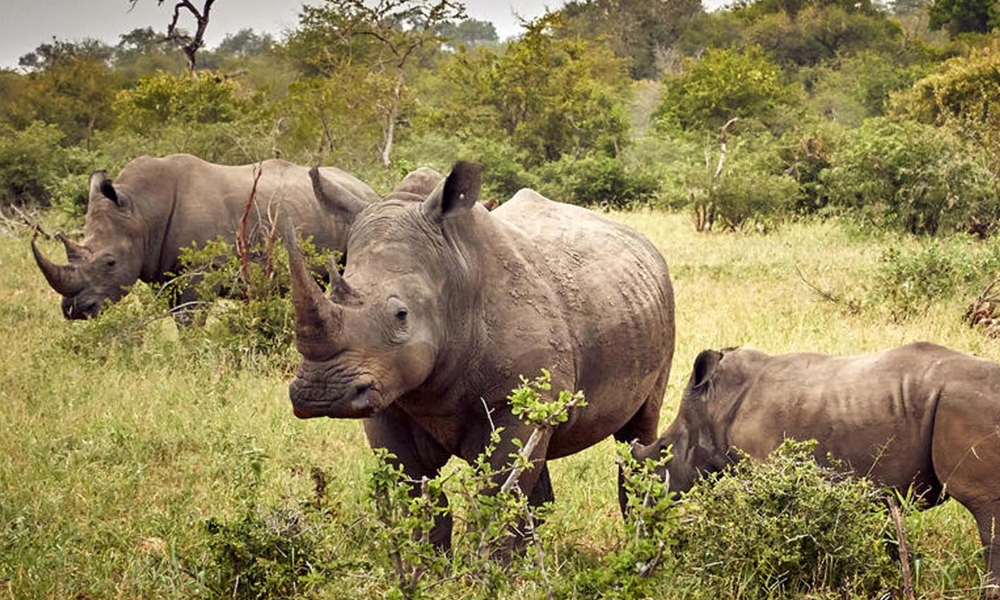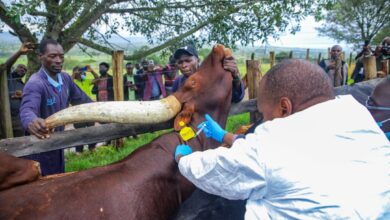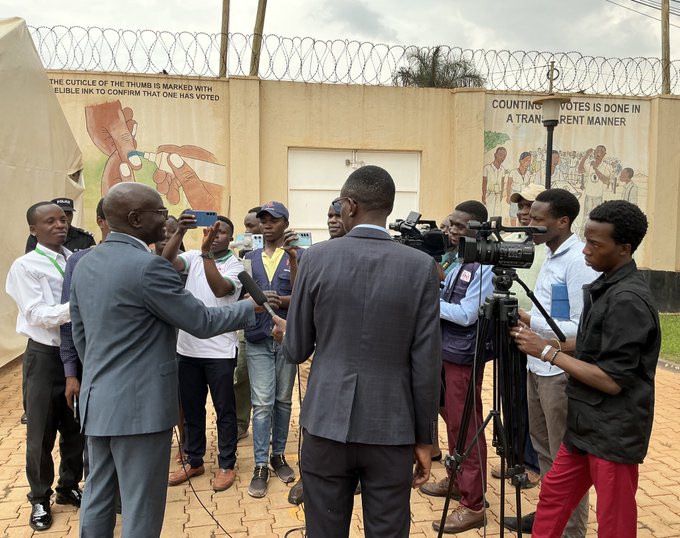Unveiling the potential of Uganda’s youth and opportunities available
According to a report by the United Nations Children’s Fund, Uganda has the second youngest population in the world. More than three quarters (78 per cent) of its citizens are below the age of 35, and this youthful population is projected to double in the next 25 years.
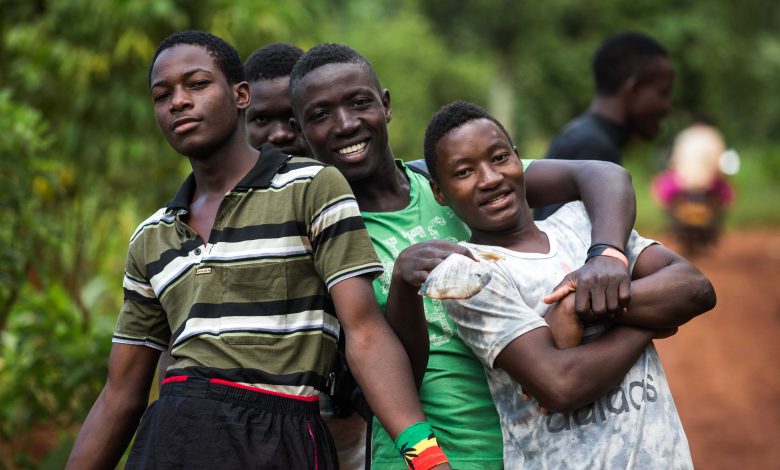
Uganda, the Pearl of Africa, is a nation with a rich cultural heritage and a diverse landscape that ranges from the majestic Rwenzori Mountains to the serene shores of Lake Victoria. While the country boasts a stunning natural beauty, its true wealth lies in its youthful population, which makes up a significant portion of the nation’s demographic.
According to a report by the United Nations Children’s Fund, Uganda has the second youngest population in the world. More than three quarters (78 per cent) of its citizens are below the age of 35, and this youthful population is projected to double in the next 25 years.
The youth population in Uganda is a diverse tapestry, comprising various ethnicities, cultures, and backgrounds. This diversity is a reflection of the country’s rich history, where different tribes and communities coexist.
Education: A Ray of Hope
One of the key avenues for unlocking the potential of Uganda’s youth is education. Over the past few decades, the government has made significant strides in improving access to education, particularly at the primary and secondary levels. The introduction of Universal Primary Education (UPE) in 1997 and Universal Secondary Education (USE) in 2007 marked important milestones in this regard.
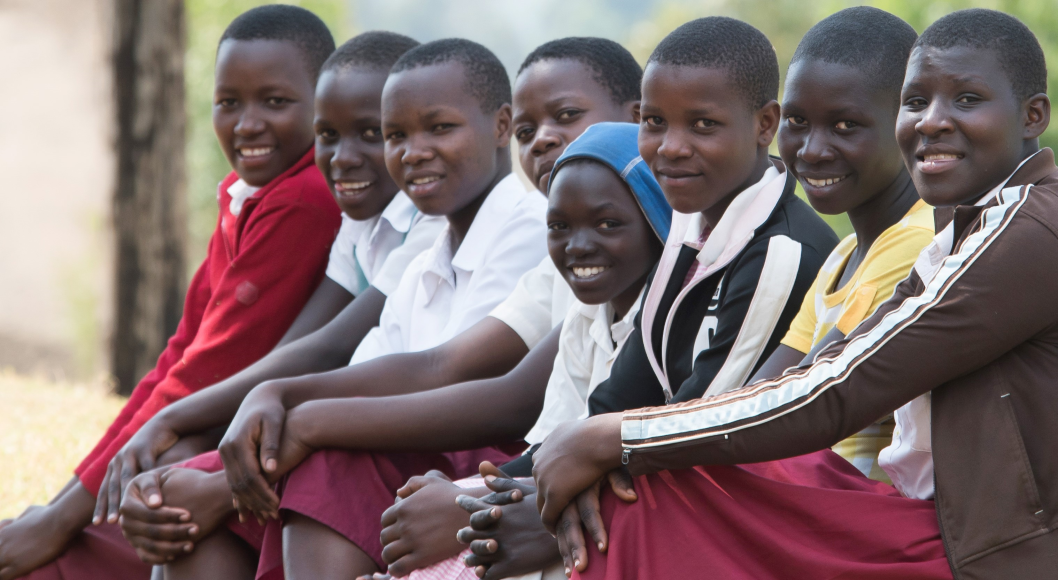
While these policies have increased enrollment rates and improved literacy levels, challenges persist. Insufficient funding, a shortage of qualified teachers, and a lack of access to quality education in rural areas hinder the educational progress of many Ugandan youth. Additionally, the COVID-19 pandemic has exacerbated these issues, with school closures disrupting learning for millions.
Unemployment: The Looming Crisis
One of the most pressing challenges facing Uganda’s youth is unemployment. Despite their energy and potential, many young Ugandans find themselves unemployed or underemployed. The country’s job market struggles to absorb the increasing number of graduates, resulting in a significant mismatch between the skills possessed by the youth and the demands of the labor market.
High unemployment rates among youth can have far-reaching consequences, including social unrest, increased crime rates, and a loss of human capital. The government has taken steps to address this issue through programs like the Youth Livelihood Program and the Presidential Initiative on Job and Wealth Creation. However, the effectiveness of these initiatives remains a topic of debate.
Entrepreneurship: A Beacon of Hope
In the face of limited job opportunities, many Ugandan youth are turning to entrepreneurship as a means of self-reliance and economic empowerment. Uganda has a budding entrepreneurial ecosystem, with young innovators and startups emerging in various sectors, from technology to agriculture.
One notable success story is that of SafeBoda, a ride-hailing motorcycle taxi service that was founded by Ugandan entrepreneurs. SafeBoda has not only created job opportunities for thousands of motorcycle taxi riders but also improved safety standards in the industry.
The government has recognized the potential of youth entrepreneurship and has introduced various initiatives and support mechanisms to encourage young entrepreneurs. These include the Youth Livelihood Program, the Youth Venture Capital Fund, and the Presidential Initiative on Wealth and Job Creation.
However, challenges such as limited access to finance, bureaucratic hurdles, and a lack of business skills training still hinder the growth of youth-led enterprises. More investment and tailored support are needed to foster a thriving entrepreneurial ecosystem.
Social Media: A Double-Edged Sword
While social media has enabled youth to connect, share ideas, and organize for social change, it has also posed challenges. The spread of misinformation and fake news on platforms like Facebook and WhatsApp has been a growing concern. Additionally, online harassment and cyber bullying are issues that many young Ugandans face.

The government’s attempts to regulate social media have sparked debates about freedom of expression and access to information. Striking a balance between online safety and individual freedoms remains a complex challenge.
Youth in Politics: Emerging Voices
Uganda’s youth are increasingly asserting themselves in the political arena. The 2016 general elections saw the emergence of young politicians like Robert Kyagulanyi Ssentamu, popularly known as Bobi Wine. His People Power movement and subsequent presidential bid in the 2021 elections captured the aspirations and frustrations of many young Ugandans.
The youth’s engagement in politics signals a desire for change and a greater say in the governance of their country. However, this activism has also been met with government crackdowns, including arrests and internet shutdowns, raising concerns about political freedoms and human rights.
Uganda’s youth represent the nation’s greatest asset and hope for a brighter future. Their energy, creativity, and resilience are remarkable, and their potential is boundless. However, realizing this potential requires addressing the challenges they face, from education and employment to entrepreneurship and political engagement.
As Uganda continues to navigate its path forward, it is crucial that the government, civil society, and the international community come together to invest in the country’s youth. This investment should encompass quality education, job opportunities, support for entrepreneurship, and the protection of their rights and freedoms.
The youth of Uganda are not merely the future; they are the present. Their voices must be heard, their talents nurtured, and their dreams realized, for they hold the key to unlocking the full potential of the Pearl of Africa. The rising tide of hope in Uganda rests on the shoulders of its dynamic and determined youth, and it is a tide that can lift the nation to greater heights.



